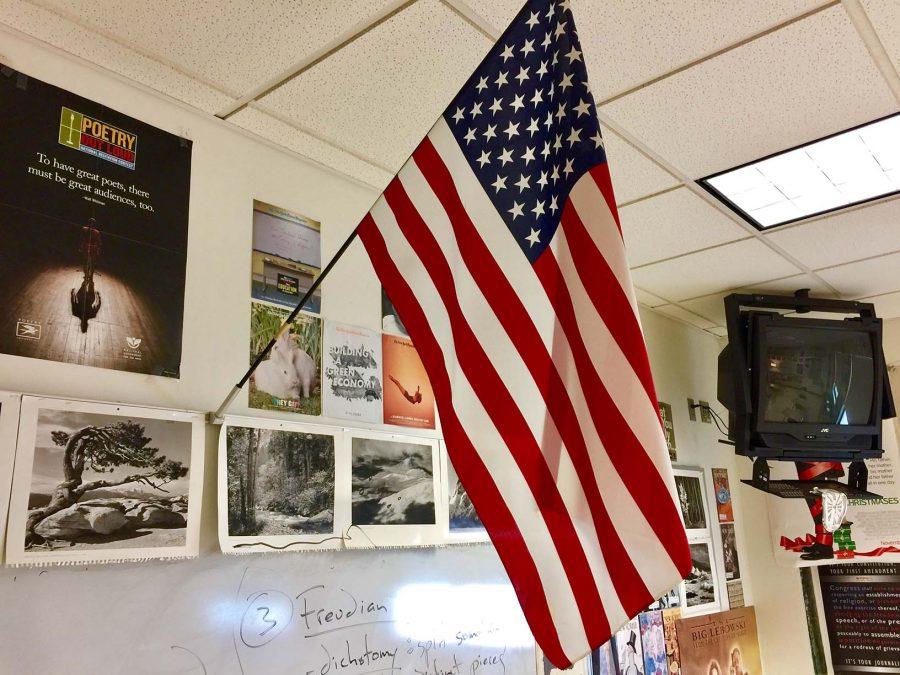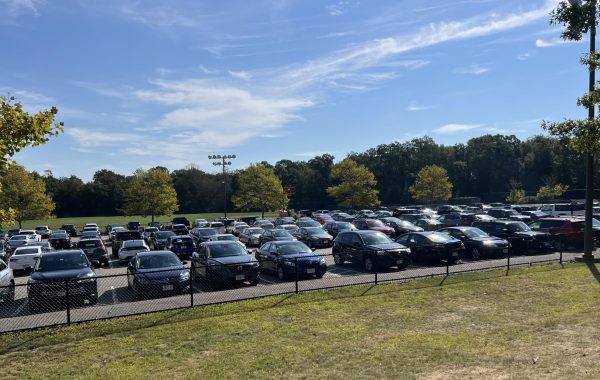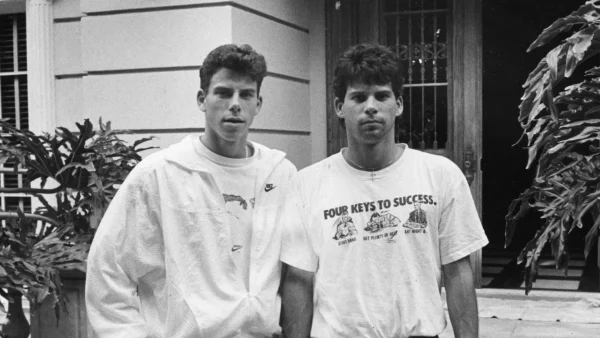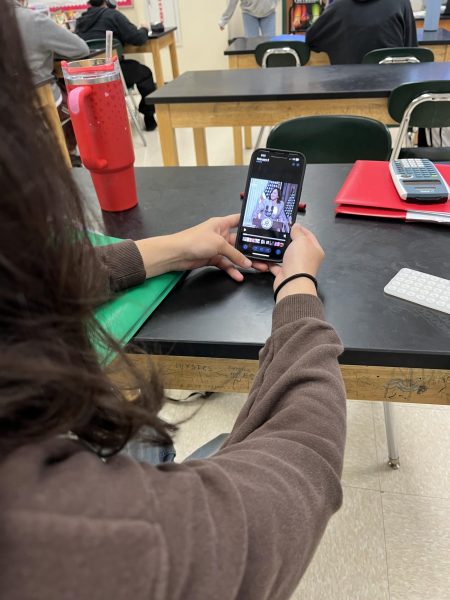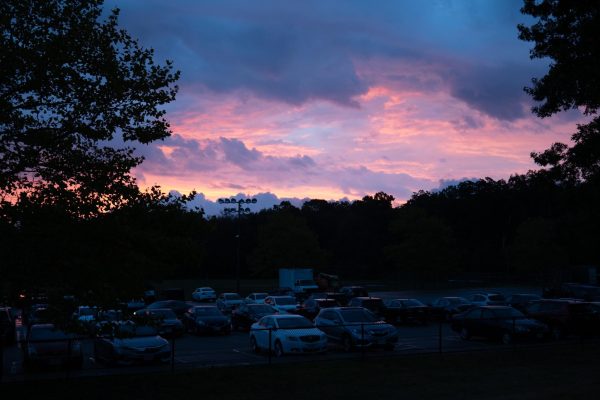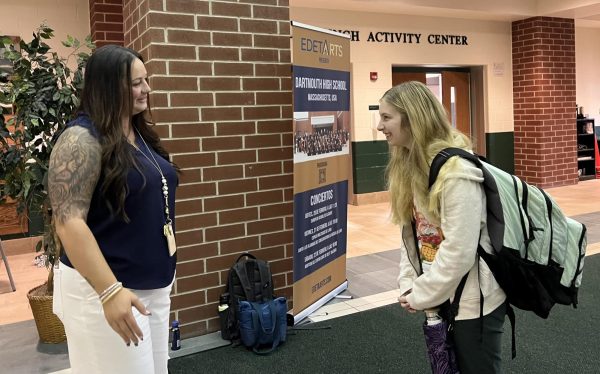Where DHS stands on the Pledge
The Pledge of Allegiance: one of the first things students are taught once they enter the education system, the head of DHS’s morning announcements, and one of the most controversial topics being talked about in America at the moment. Is not saying the Pledge disrespectful to the people who have fought for our freedom, or the peaceful protest of a nation with some questionable viewpoints?
DHS students and faculty have differing attitudes on this, and these opposing views have caused some argumentation. “The day after the election, I refused to stand because I lost a lot of respect for America,” said an anonymous student. “My chemistry teacher [was] personally offended that I didn’t stand.”
Other students are uncomfortable with what the Pledge stands for and entails. “Why do I have to pledge for something ‘under God’? What happened to freedom of religion?” said sophomore Jacob Bessette.
Junior Jadyn Gonsalves stands for the Pledge, but does not say it. “I stand for respect to soldiers, but there’s so much discrimination in the US that the Pledge doesn’t really stand true.”
On the opposing side, sophomore Shane Rose said, “I believe that the people who sit for the Pledge are exercising their rights, but I believe it is disrespectful to the people who fought for our country.”
“I think it’s disrespecting veterans who fought to have the freedoms that we have today,” said sophomore Abby Arruda. Others see the Pledge as a harmless gesture of appreciation.
“I think it’s a good and respectful thing that should continue,” said math teacher Karen Sylvia.
President elect Donald Trump has echoed these points of view. “You see what’s happening. It’s very, very sad,” said Mr. Trump in regards to NFL player Colin Kaepernick not standing for the National Anthem.
“I am not going to stand up to show pride in a flag for a country that oppresses black people and people of color,” said Mr. Kaepernick.
The bitter disagreement between Mr. Trump and Mr. Kaepernick reflects the split right here in Dartmouth and other campuses across the nation. There are some, including Mr. Trump, who see the flag as a symbol of respect for those who have fought and put their lives on the line for our freedoms, while others, including Mr. Kaepernick, who see a country that promises life, liberty, and the pursuit of happiness to only certain citizens.
Although the disputes and sometimes heated discussions that happen here at DHS seem considerable, other schools around the nation are taking more action than discussion. About 200 Boulder High School (located near Denver, Colorado) students walked out of class to protest the election results and Mr. Trump’s primarily hate-based campaign the day after the election. Students held up a poster reading “#BHS No Place For Hate” and were marked as absent and expected to make up any work they missed.
Many schools, and even a class here at DHS, don’t say the Pledge at all. Not out of protest, but just because that’s the way it is. Students that have gym class first block here are changing into their gym clothes during the Pledge, and it would be an inconvenience to the students to stop what they’re doing, locate the flag, and then salute it. According to The San Francisco Chronicle, schools around the country are skipping the Pledge, and it isn’t questioned either. There isn’t a protest or specific reason behind not saying it, it’s just a normal part of the day for those schools.
This brings up another inquiry: how important is the Pledge? These schools aren’t losing anything by not saying the pledge, but others may argue that their students are losing respect for the U.S. at a young age. “I will work with the American legion to help to strengthen respect for our flag,” said Mr. Trump. “The flag all of you helped to protect and preserve, that flag deserves respect.”

